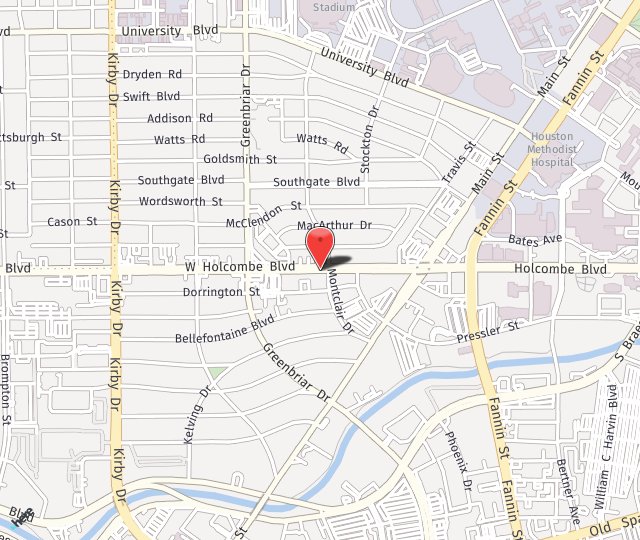Parkinson’s disease is a progressive nervous system condition that affects nearly 10 million Americans each year. The condition, which is characterized by muscle stiffness, loss of motion control and tremors, does not have a cure. As if the condition was not bad enough, a new study has connected it to another painful disorder: temporomandibular joint dysfunction, or TMJD.
TMD also affects around 10 million Americans each year, and similarly to Parkinson’s disease, the condition can cause pain and muscle stiffness and affect the use of the jaw. Unlike Parkinson’s, the roots of TMJD are not in the brain; they’re in the temporomandibular joints themselves.
The temporomandibular joints, or TMJs, are the tiny joints that connect your lower jaw to your skull and allow it to move up and down, back and forth, or side to side.
The recent study, published in the journal PLoS One, shows a connection between having Parkinson’s disease and an enhanced risk of developing TMJD.
Researchers on the study followed 6,185 patients with Parkinson’s disease and 18,555 patients who did not have the condition. More than half of the participants were male, as men have a 1.5 times greater chance of developing neurological disease than women. (Ironically, women are more likely to develop TMJD!)
The study showed that 32 cases of TMJD occurred in the Parkinson’s disease group, while 50 cases appeared in the larger, non-Parkinson’s group. The findings showed that individuals with Parkinson’s were at far higher odds of developing TMJ disorder than those in the control group.
So, how are the conditions connected? Researchers aren’t sure just yet about the link. But one theory is that the muscles of the jaw are affected by Parkinson’s disease, which triggers TMJD.
Overall, the group with Parkinson’s disease group had a four times greater chance of developing TMJD than those who did not have Parkinson’s.
What Are the Signs of TMD?
The most common signs and symptoms of TMD disorders include:
- Pain or tenderness in the jaw
- Pain in one or both of the temporomandibular joints (located in front of the ear on either side of the head)
- Aching pain in and around your ear, but no ear infection or other ear problems
- Difficulty chewing or pain while chewing
- Aching facial pain
- Headaches
- Locking of the joint, making it difficult to open or close your mouth
Are you experiencing these symptoms? Give Dr. Konig a call in Houston at 713-668-2289 today for more information.

